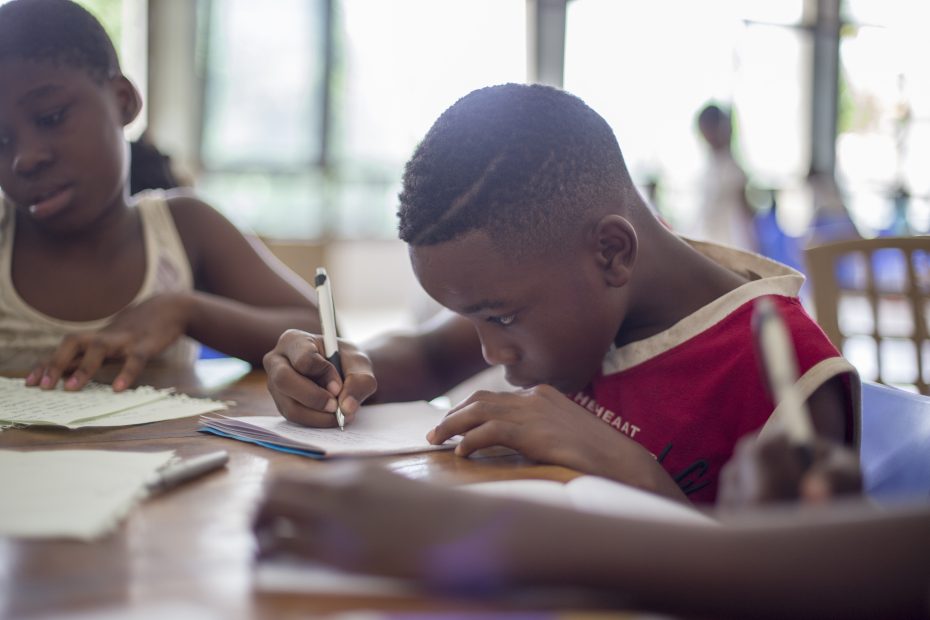Equatorial Guinea is home to some of Africa’s most beautiful and biodiverse waterways. From mighty rivers winding through rainforests to idyllic beaches and islands dotting the Atlantic coast, the country offers superb boating opportunities for visitors. This guide will provide tips and insights on how to best experience Equatorial Guinea’s enchanting rivers, lakes, and coastal waters.
Table of Contents
Overview of Equatorial Guinea’s Waterways
Equatorial Guinea has a landscape crisscrossed by rivers and tributaries. Major waterways include the Mbini, Wele, Mitong, Utamboni, and Congue rivers. Mangrove swamps, wetlands, and deltas provide connections between freshwater ecosystems and the ocean. The country boasts over 100 miles of Atlantic coastline, with sandy beaches, sheltered coves, and offshore islands.
Popular boating destinations include:
Luba
This coastal town on Bioko Island has black sand beaches, fishing ports, and access to the Gulf of Guinea. Charter a boat to explore offshore islands like Malabo.
Mongomo
The area around this inland town on the Wele River is home to hippos, chimpanzees, forest elephants, and other wildlife. Take a riverboat safari to spot animals.
Bata
Equatorial Guinea’s economic capital sits where the Mitong River meets the Atlantic. Boat to nearby Moka Wildlife Reserve or go fishing offshore.
Choosing the Right Boat
Several boat options are available for exploring Equatorial Guinea’s waterways:
Traditional canoes
These hand-carved wooden canoes are used for fishing and travel by locals. Renting a canoe with a guide provides an authentic boating experience.
Motorboats
For multi-day trips or covering larger distances, a motorboat rental allows transporting supplies and equipment. Look for boats with canopy covers for shade.
Yachts and catamarans
Luxurious chartered sailing vessels offer stability, amenities like kitchens and bedrooms, and professional crews.Ideal for island-hopping.
Organizing Your Boating Trip
Proper preparation is key for an enjoyable and responsible boating excursion:
Permits and regulations
Research required permits, protected areas, and local boating protocols. Consider hiring authorized guides.
Guides and tours
Experienced local guides know the waterways, can ensure proper clearances, and share insider knowledge. Ask about group or private tour options.
Supplies and gear
Pack according to trip length, activities, and weather. Don’t forget navigation and safety equipment, food, water, sun protection, etc. Waterproof or seal all belongings.
Top Activities for Boaters
Once on the water, indulge in these popular activities:
Fishing
Equatorial Guinea’s rivers and coastal waters teem with gamefish like tarpon, marlin, grouper, barracuda, and more. Rod and spearfishing excursions available.
Island hopping
Offshore islands offer secluded beaches, snorkeling reefs, and remote camping spots. Beachcomb, hike, or relax in tranquility.
Wildlife viewing
Spot dolphins, sea turtles, manatees, crocodiles, and many bird species while boating through this biodiversity hotspot.
Safety Tips for Boaters
Observing these precautions will help ensure a safe trip:
- Wear life jackets at all times when on the water
- Check weather forecasts and avoid rough conditions
- Beware of storms, big tides, and river currents
- Don’t overload boats and distribute weight evenly
- Carry emergency communications, like a satellite phone or beacon
- Tell someone your trip plans as a precaution
Protecting the Environment
Help preserve Equatorial Guinea’s pristine aquatic ecosystems by:
- Using biodegradable soaps and sunscreens
- Following fishing and disturbance regulations
- Properly disposing of trash, fuel, sewage, and bilge waste
- Avoiding excessive noise that disrupts wildlife
- Not removing natural or cultural artifacts
Best Times to Go Boating
Consider visiting during:
- The dry season between December and March when river levels are lower.
- Peak wildlife watching months when certain species congregate.
Where to Stay
Overnight accommodations well-suited for boating access include:
- Coastal resorts in places like Luba offer charter departures from their beaches
- Remote, water-accessible ecolodges and campsites
- Boating safari companies with onboard or riverside lodging
Conclusion
From fishing village canoes to luxurious yachts, Equatorial Guinea’s waterways provide endless boating adventures. By respecting local cultures and fragile ecosystems, visitors can fully appreciate the country’s natural aquatic wonders and serenity. With proper planning and precautions, boating here promises to be the journey of a lifetime.
FAQs
What types of boats are best for visiting Equatorial Guinea’s islands and coast?
Motorized boats like catamarans and motorboats work well for island hopping and coastal exploring. Opt for vessels with amenities, range, and shallow drafts for beach landings.
When is whale watching season in Equatorial Guinea?
The best time for whale watching is July through October when humpback whales migrate past Equatorial Guinea to feed in cold Antarctic waters. Boats can spot spouts and breaching.
What safety gear should I bring on a boating trip in Equatorial Guinea?
Pack essentials like life vests, a first aid kit, fire extinguisher, flashlights, extra fuel and water, navigation charts, satellite communicator, anchor, and emergency beacon.
Do I need vaccinations or medications for boating in Equatorial Guinea?
Recommended vaccinations include hepatitis A, typhoid, yellow fever, and malaria prophylaxis. Consult your doctor about medications for motion sickness, allergies, etc.
What languages are spoken in Equatorial Guinea for chartering boats or taking tours?
Spanish and French are official languages. Coastal Fang, Bubi, and Creole languages also spoken. Most tourism operators catering to foreign travelers speak English.
